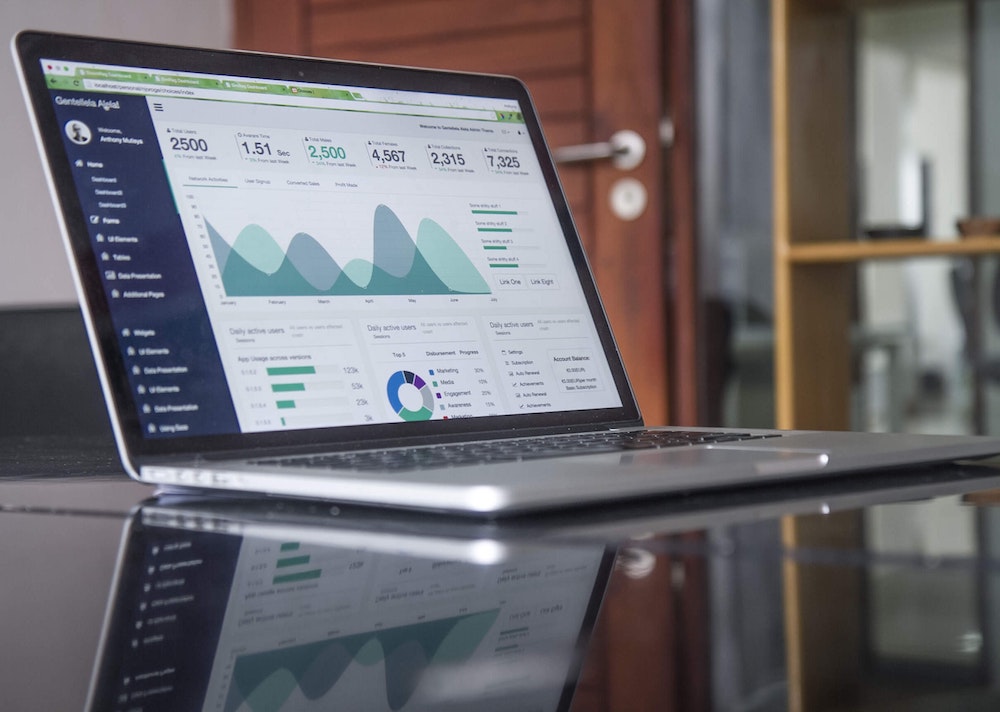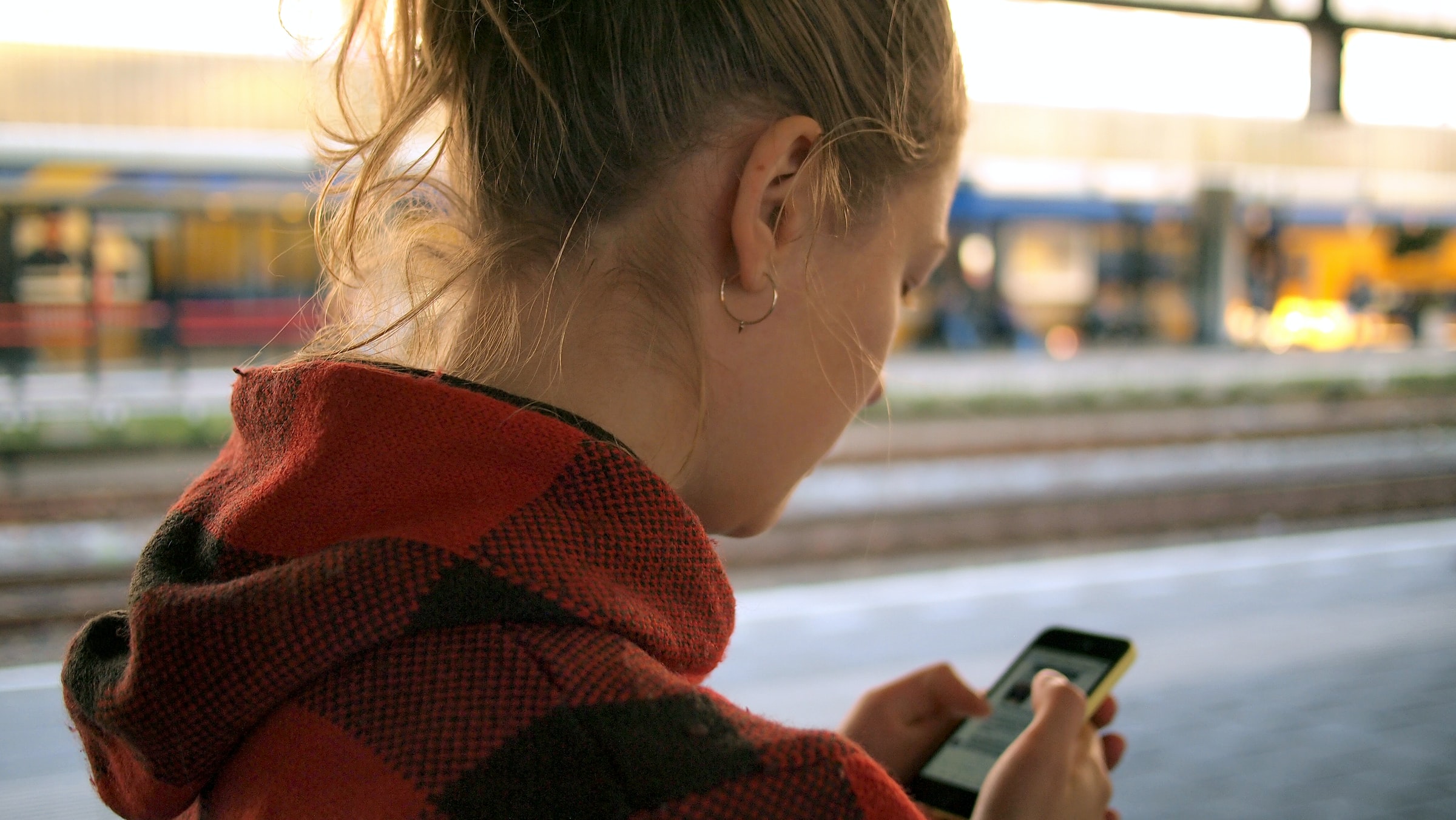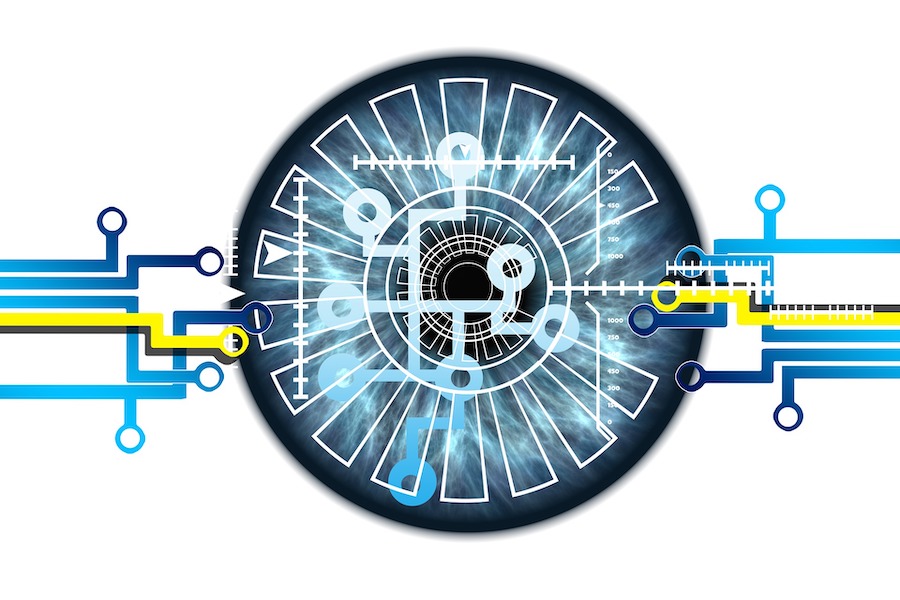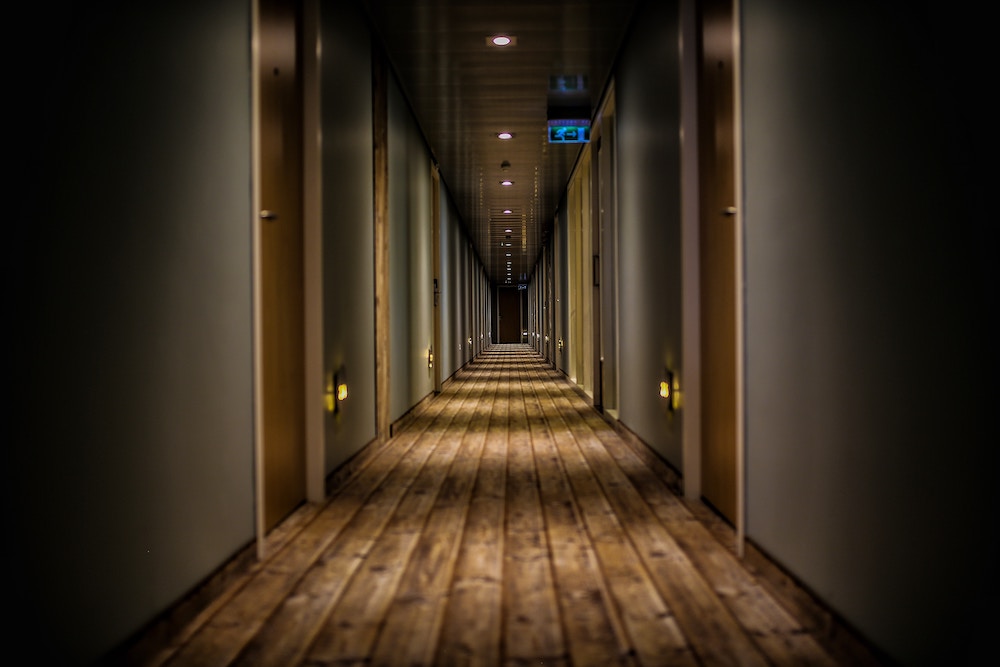As the COVID-19 virus continues to have dramatic impacts across the globe, what’s important now is for hoteliers and hospitality industry staff to focus on long-term strategies that can help manage the affects of the pandemic.
In addition to creative solutions that hoteliers and vendors are implementing to deal with the virus now, there are also a number of proactive measures that can be taken for when the industry experiences its inevitable rebound. Here are a few of those ways where hotel technology can help mitigate the affects of COVID-19.
Creative Use of Technology
The outcome of this virus has already created a ripple effect which will impact the hospitality industry, and many other industries, for years to come (or maybe forever). The health and safety of hotel guests and staff will continue to be a top priority, and technology vendors are busy producing creative solutions to help.
The Westin Houston Medical Centre is the first hotel in the U.S. to make use of LightStrike’s Germ-Zapping™ Robots to sanitize and disinfect its guest rooms and common areas to help combat the threat of coronavirus. LightStrike robots have been proven to quickly destroy viruses, bacteria, and fungi using intense pulsed xenon ultraviolet (UV) light.
The LightStrike robot uses intense germicidal UV light to disinfect rooms by quickly destroying microscopic bacteria and viruses that may be missed during the manual cleaning process. Operated by hotel staff, the robot uses pulsed xenon (a noble gas) to create intense broad-spectrum UV light, unlike older technologies that use mercury bulbs (mercury is toxic) to create continuous, single spectrum UV light.
Offer Emergency Hotel Rooms
If a hotel is in a position to offer rooms at a discounted rate for those who need to isolate separately from their family or roommates, there is a great new way for a hotel to widen its reach.
RoomKeyPMS has recently launched the Emergency Hotel Rooms website, which was specifically designed to promote available hotel rooms to any community impacted by the novel coronavirus. The website displays a list of hotels available to book with a special COVID-19 discount, aimed for those in need of a room for social distancing / self-quarantine purposes, for family members who have loved-ones in a hospital, or any first responder or other individual impacted by COVID-19 and in need of low-priced accommodation in their area.
Hotels can easily opt-into the program by registering here.
Rely on Automated RMS or Rate Shopper Tools
Hotels with an automated revenue management system (RMS) in place will already have had an increased ability to adapt to these changes in demand. For those without an RMS tool, it might be a good time to look into implementing one now or in the future, especially for extra help when the hospitality industry bounces back. Revenue management software analyzes historical and market supply-and-demand data, and combines this with forward-looking demand signals to recommend the best rate for hotel rooms. This automated process helps to sell the right product to the right customer at the right time for the right price on the right channel, to maximize revenue and profitability.
In addition, an automated Rate Shopper product can help improve hoteliers’ ability to stay on top of competitor pricing and performance. Instead of spending hours manually comparing rates or subscribing to expensive services, managers can receive daily reports which outline competitor rates, demand forecasts, and TripAdvisor rankings, and use this data to set smarter rate strategies and increase their competitive advantage.
Use Social Media to Connect with Guests
The world is already constantly connected, and even more so now as a large majority of people are staying home to practice safe self-isolation or social distancing. Hoteliers should stay active on their property’s social media platforms, engaging with guests, letting them know about any changes to their property or services, and offering help where possible.
For hotels with food and beverage offerings, hotels can keep that revenue stream open by offering delivery or pick up services, and advertise this by posting and sharing it across social media. A good idea we’ve recently seen is for hotel restaurants to offer food and beverage promo codes for healthcare or other essential service workers, or free delivery options to hospitals or other healthcare centres.
As mentioned above, if hotels are able to offer emergency hotel rooms at a discounted rate for those needing help, social media is a great way to spread the word and the details.
Stay Organized
While hotels across the globe are operating with low occupancy or, in some cases, temporarily shutting down operations, it’s as important as ever for hotel management to stay organized. The ALICE platform has launched a free COVID-19 Recovery Checklists tool, to help hotels stay organized and effective with less resources.
The checklists are printable and mobile-enabled, allowing users to track progress and obtain status reporting. Hoteliers can create their own or use ALICE’s library of standardized checklists, covering a number of operational priorities such as preventative maintenance, operating with low occupancy, operating while closed for guests, or temporarily shutting down the hotel.
And most importantly, when hotels are ready to reopen or increase operations again, the Checklists tool can be utilized to effectively and efficiently bring guest rooms and public areas back into service, and to streamline task management.
—
While it is very challenging to manage a hotel property during such a period of demand uncertainty as the COVID-19 pandemic, it is important for managers and staff to maintain focus on long-term business operation strategies. While now is not the time to make rash decisions, it might be a good opportunity to invest in technology and process improvements which will help a hotel gain competitive advantage in the long run.
Image Credit: Volodymyr Hryshchenko on Unsplash




